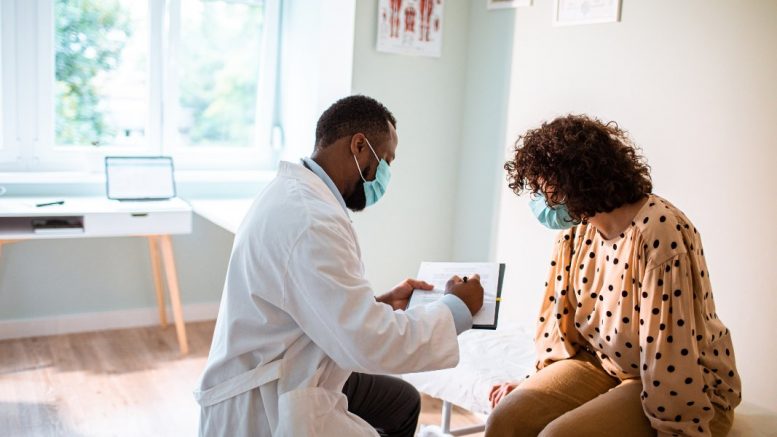Nearly half of respondents don’t want their children to become a doctor or nurse
Wheel, the health tech company changing the way healthcare works, today released a study revealing how clinician burnout has impacted the patient experience. 80 percent of the 2,000 respondents shared that their doctor or nurse seemed stressed and overwhelmed during a healthcare visit over the last year.
Additional findings from the survey include:
-
Nearly 70 percent of respondents said they were alarmed about high levels of stress and exhaustion among doctors and nurses.
-
More than one in four respondents said they experienced a healthcare visit that felt rushed and their clinician didn’t have the time to fully listen to their concerns or questions about their health needs.
-
Nearly one third of patients said they believe their quality of care may have been impacted by clinician burnout.
Wheel — a digital health company founded on the belief that empowered and engaged clinicians lead to healthier patients — conducted the survey to better understand the long-term costs of the pandemic.
“Our healthcare workers are reeling from an incomprehensible amount of trauma, burnout, and grief,” said Michelle Davey, CEO and co-founder of Wheel. “This survey demonstrates our failure to provide clinicians with the support and relief they deserve is harming the overall health of our country.”
Once Lauded, a Career in Healthcare is Losing its Luster
The survey also examined how the toll and trauma of the pandemic has impacted the public’s perception of working in healthcare. According to Wheel’s survey, one in three people do not believe that medical school is worth the investment. And after seeing clinicians sacrifice their safety on the frontlines of the pandemic, nearly 40 percent of respondents shared they would not want their children to become a doctor or nurse.
Wheel’s survey also reaffirmed widespread reports that many clinicians have weighed leaving their profession. More than 1 in 4 people said they personally know a doctor or nurse that would switch careers automatically if they could.
Patients Blame Themselves for Clinician Burnout
In the early days of the pandemic, there were widespread news reports about people standing on their balconies and banging pots and pans to support frontline healthcare workers. As the enthusiasm and hero-worship has largely waned, the Wheel survey found the majority of respondents recognize their own behavior could be contributing to rising stress levels.
Two in three respondents agreed the general public’s resistance to taking basic precautions like wearing masks could be contributing to clinician burnout. Meanwhile three in five respondents agree that clinicians aren’t being celebrated or recognized as “heroes” like they were at the beginning of the pandemic.
General Practice Clinicians Burdened by the Mental Health Crisis
Given the well-known rise in mental health needs as well as the overall shortage in behavioral health clinicians, Wheel’s survey demonstrates that general practice clinicians are largely filling the gaps and taking on more responsibility for their patients’ mental health needs. Nearly one in three people admit they’ve relied on their primary care clinicians for help with mental health issues instead of discussing with a trained mental health specialist.
The survey also found that many clinicians are openly sharing their own challenges to find help for mental health needs, which is especially surprising considering the well-known and widespread stigma among healthcare professionals. Nearly one in eight respondents said their doctor or nurse disclosed they were personally struggling with mental health issues during their healthcare visit.
“The healthcare industry needs to take a hard look in the mirror and acknowledge that clinicians won’t be able to just return to ‘normal’ once the pandemic is over,” said Davey. “We have the opportunity to reimagine the clinician experience and make sure their needs are prioritized — including how we can make sure they’re focused on providing great care to patients.”

